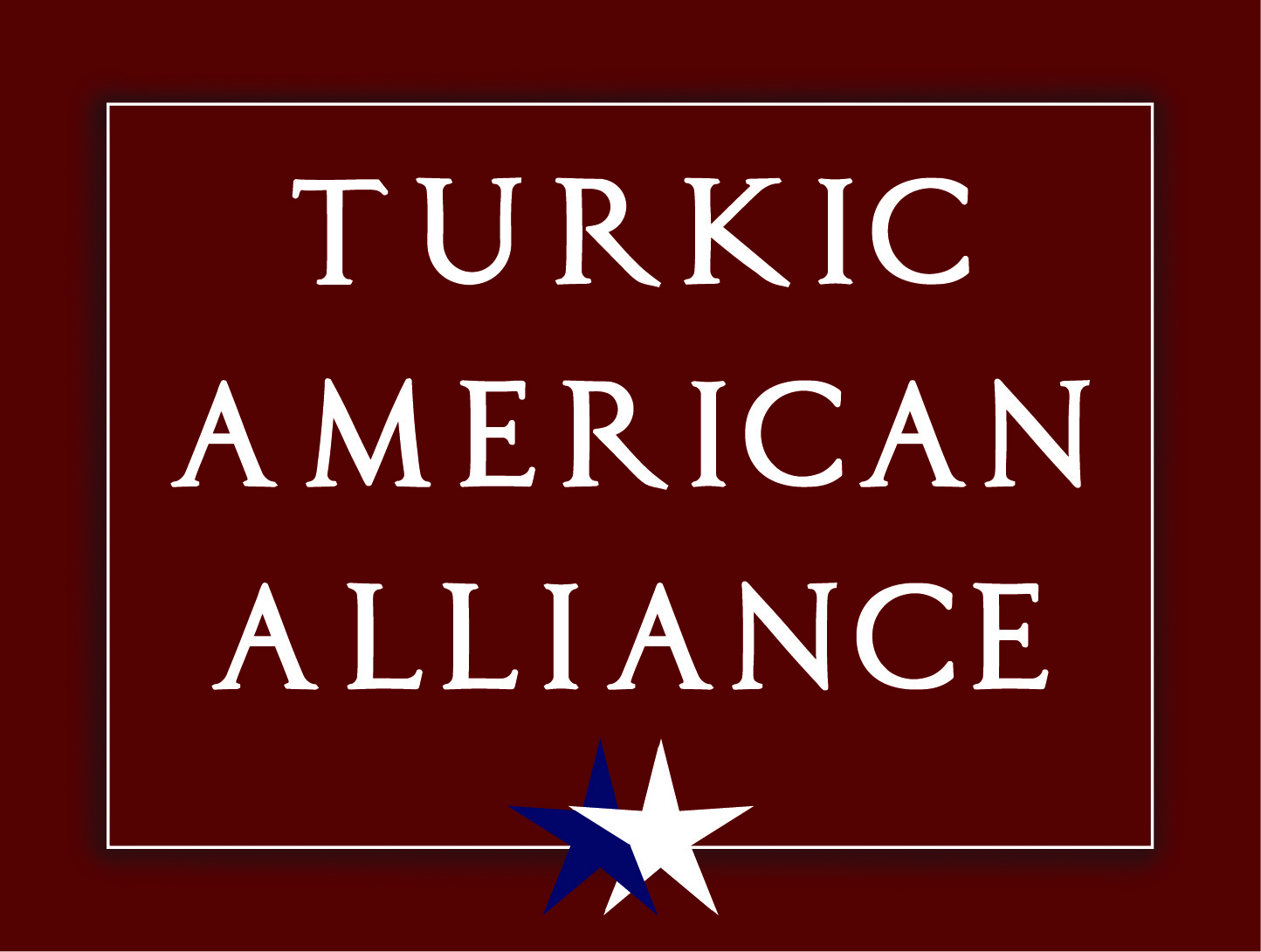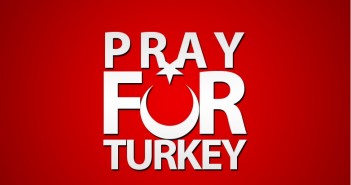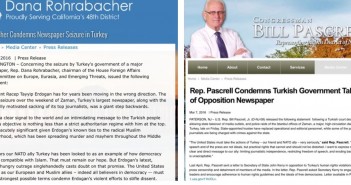Until recently, Turkish Americans would often talk the talk, but were generally unable to walk the walk. Not any more. Although the number of Turks is still relatively small and their influence is relatively weak in the US compared to some other diasporas, their level of engagement in the American political system and society has improved visibly recently.
Some of the latest initiatives have bolstered my views about the enhanced confidence and competence of Turkish Americans. Among them are the Anatolian Cultures & Food Festival in Southern California, the launching of Assembly of Turkic American Federations and the “10,000 Turks” campaign of the Turkish Coalition USA Political Action Committee (TC-USA PAC).
I was in California last week to observe the four-day Anatolian Cultures & Food Festival, the main organizer of which is the Pacifica Institute, a relatively new but ambitious Turkish-American group. On the grounds of the Orange County Great Park, one of America’s largest, it was as if Anatolia had been rebuilt with its rich history and culture. Thanks to a financial undertaking of at least $1.8 million, plus enormous volunteer support, they transported large two and three-dimensional replicas of major Turkish monuments by sea, not to mention scores of visiting dancers, musicians, artists, artisans and even a Van cat.
Good relations with elected local officials and law enforcement authorities paid off after the private shipping contractors missed the connection at Panama. The organizers had the replicas transported by air cargo to make sure they did not miss the festival. However, it seemed that due to long customs processes, they would not make it to the festival grounds on time. It was then that a Turkish-friendly senior FBI official intervened and used his influence to move the festival goods to the top of the long inspection queue. Hence, the remaining replicas arrived just in time, saving the organizers from a fiasco. Until recently, such projects were not common undertakings on the part of Turkish Americans. They seem to think in much bigger terms now.
Another fruit of thinking big was evident at the opening reception of Assembly of Turkic American Federations in Washington on Wednesday. The event marked the joining together of six major Turkic-American federations under an umbrella organization. However, what made it so remarkable was the presence of seven US senators, 53 members of Congress and more than 200 officials at the Willard InterContinental Hotel ballroom. This was a record turnout for an event organized by Turkish Americans. It was unprecedented. What made it possible was the increasing understanding among Turkish Americans that all politics is local.
The 180 institutions that are members of the six newly united geographically based Turkic federations are very well organized at the grassroots level. They are increasingly becoming an integral part of their respective communities. It was no coincidence that Senator Richard Lugar talked about the Holy Dove Foundation’s impressive interfaith and ethnic outreach efforts in Indianapolis. And a few members of Congress from Louisiana thanked the local Turkish American federation for their recovery efforts for Katrina disaster. This is a country where benevolent acts, community service towards social peace are seldom unnoticed.
The “10,000 Turks” campaign by the TC-USA PAC is another assertive Turkish American project. The TC-USA PAC is also a relatively new, but increasingly influential player in US. Their political action committee launched this campaign with the goal of building a community of 10,000 Turkish Americans and American friends of Turkey by Oct. 29, 2010 that is committed to changing the political dialogue on US-Turkey relations in the United States. As a nonprofit organization and a registered lobbyist, the TC-USA PAC has had its share in the recent Turkish successes in the US Congress along with other groups. Supporters of a resolution calling for the US affirmation of the “Armenian genocide” was only able to win by a margin of one vote (23-22) at a hearing by US House Committee on Foreign Affairs in March. Of course there are many other groups and initiatives as well which prove the enhanced skills of Americans of Turkish origin in getting organized and further integrated into the social, cultural, political, academic and economic structures of the US as responsible citizens or legal residents. They may all have their ideological differences; that is perfectly acceptable, as long as this leads them to friendly competition through good deeds rather than a mutually self-destructive path. The rise of Turkish Americans is an asset for both Turkey and the US because they can be the main agents of citizen diplomacy and constructive engagement between two ally countries. However, both the US and Turkish governments must be impartial and refrain from discrimination and manipulation when dealing with them. And they should find ways to better adjust to and benefit from the promising changes in civil society.
Source: Ali H. Aslan, Today’s Zaman http://www.todayszaman.com/columnist-210238-the-rise-of-turkish-americans.html



